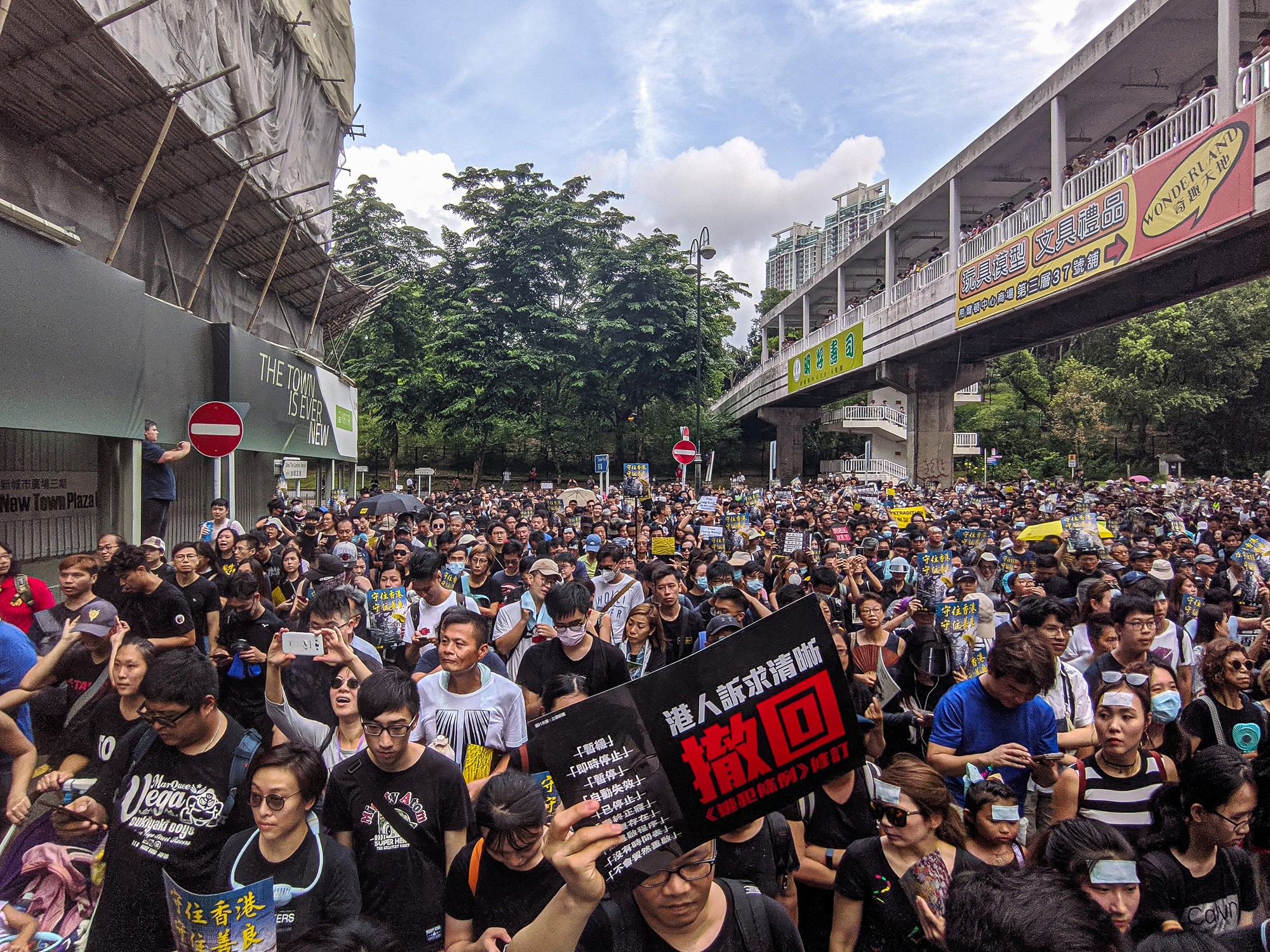Four physician groups hand-delivered a letter on Aug. 17 to the University System of Georgia chancellor urging him to recommend a new meningitis vaccine to college students across Georgia.
The Georgia State Medical Association, Medical Association of Georgia, Georgia Academy of Family Physicians and Georgia Chapter of the American College of Physicians strongly encourage young adults to become aware of a new, deadly strain of meningitis called meningitis B.
The letter reads, “On behalf of Georgia’s leading provider organizations and meningitis patient groups, we are writing to urge you to take action to help protect college students in our state from meningococcal disease – and in particular, meningitis B.”
Meningitis B tends to spread in close quarters, making college campuses a hot spot for the disease to transfer.
The meningitis vaccine is required by the state of Georgia for students who reside on campus, but the vaccination does not protect against the meningitis B strain. The new meningitis B vaccination is not currently on the list of required immunizations for admission into KSU.
The Meningitis Statement reads, “Georgia state law requires all students residing in university housing to receive information about meningococcal disease. All students residing in campus housing are required to either provide proof they have received the meningitis vaccine or provide a signed waiver acknowledging the risk to themselves and others of not receiving the meningitis immunization.”
Dr. Eddie Richardson, board-certified family medicine doctor and president of the Georgia Academy of Family Physicians, said he believes the meningitis B vaccine should be included in the required vaccines to be admitted in Georgia universities.
“This [disease] has such a devastating effect, it causes brain damage, hearing loss and even loss of limbs,” Richardson said.
Dr. Sandra Fryhofer, board-certified doctor of internal medicine and American Medical Association liaison to the Advisory Committee on Immunization Practices, said there needs to be an increase of awareness of this vaccine.
“Meningococcal B is rare, but it is deadly and each case is life threatening,” Fryhofer said.
According to Dr. Fryhofer, there are about 50 recorded cases of meningitis B annually. Of those 50 cases, about five fatalities occur annually. She also said 80 percent of cases are in young adults, ages 16 to 23.
“If we recommended this vaccination for all college students, it would prevent nine cases a year and one death annually,” Fryhofer said, citing the The Center for Disease Control and Prevention.
Dr. Richardson said side effects of receiving the vaccine tend to be mild and may include pain around the area of vaccination for a few days.
“I think it would be well worth a little pain in my arm to save my life,” he said.
According to the CDC, two vaccines are available, Bexsero and Trumenba, that adults between the ages of 16 and 23 can receive for short-term protection against most strains of meningococcal B disease.



